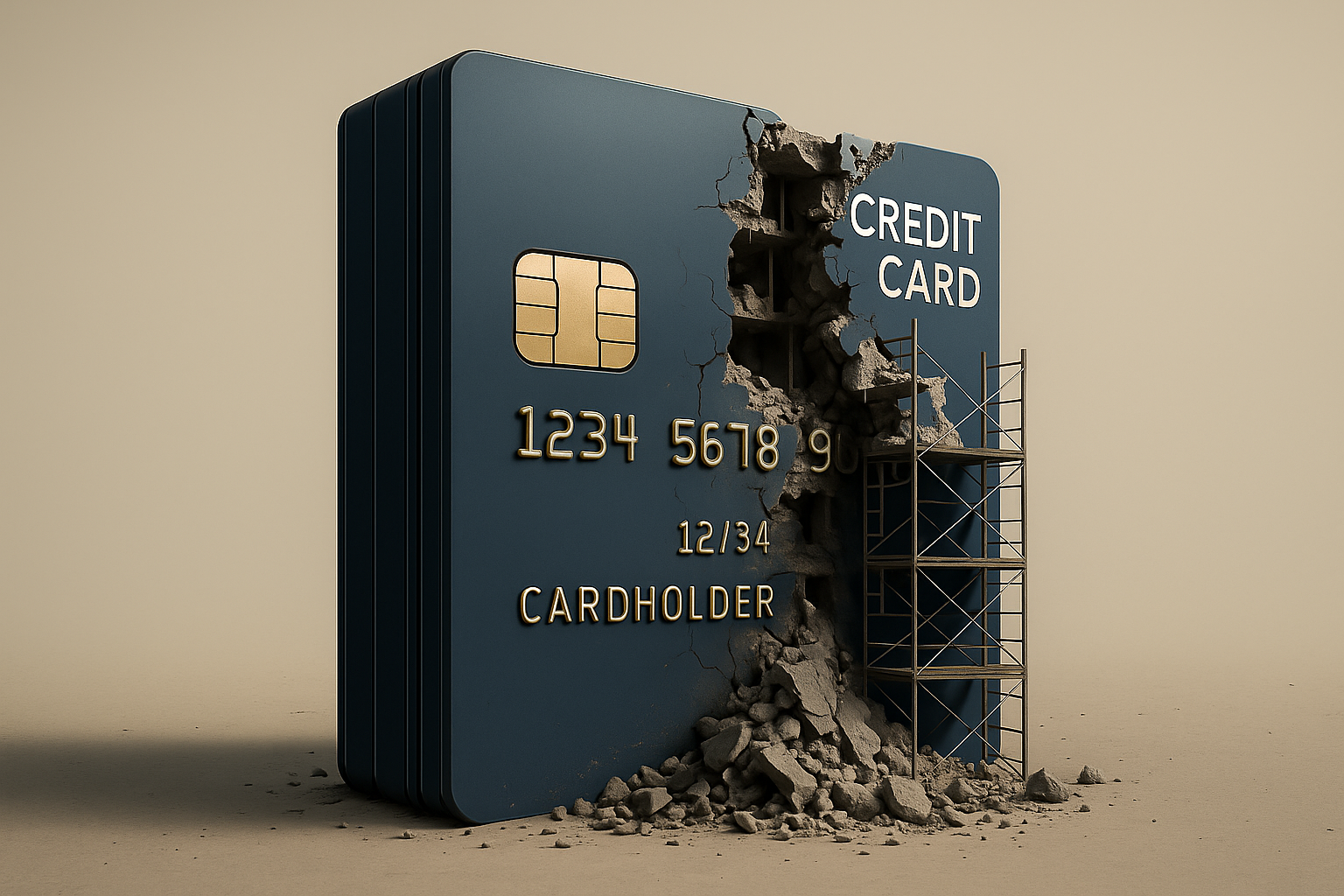
For a lot of people, the biggest fear about declaring bankruptcy is this:
“What will happen to my credit score?”
They have heard the myth that their credit will be ruined for seven to ten years. They think they won’t be able to get a credit score, buy a car, or rent an apartment.
And I get to tell them the great news, which is this: Declaring bankruptcy will likely make it easier to rebuild your credit score … assuming you know the rules of credit scoring.
And that’s why we enroll all of our clients into 7 Steps to a 720 Credit Score, an online course that helps you rebuild your credit score to a 720 in 12 to 24 months after a bankruptcy.
Why Bankruptcy Can Help Your Credit Score
People who have been in financial distress long enough to consider declaring bankruptcy likely already have missed payments. Their credit cards are likely maxed out, and they might even have a few accounts that have been turned over to a collection agency.
In other words, their credit scores probably aren’t great.
And if they don’t find a way to get their heads above water, their scores will stay low. One missed payment will be added on top of the last missed payment. And soon, they will have a long credit history of missed payments.
Declaring bankruptcy puts an end to the late payments and frees up your income so that you can start paying your bills on time.
And this reset allows you to start rebuilding good credit around your older, not-so-great credit.
Why We Include Free Access to 7 Steps to a 720 Credit Score
A lot of our clients come to us afraid of bankruptcy. They are embarrassed and scared. They have heard the myths about how bankruptcy can cause problems.
But they soon learn the truth: Bankruptcy is a powerful tool that can be the catalyst for a better future.
- First, it stops the lawsuits, wage garnishments, and creditor calls.
- It helps you eliminate or restructure your qualified debt.
But we don’t want to stop there because we know that what you do after bankruptcy is just as important as what you do before and during your bankruptcy.
And taking the right steps to rebuild your credit score means that you will have lower interest rates and better loan terms in the future. It sets you up to take advantage of opportunities you might not have thought you had, like buying a better car at a lower rate or owning a home.
So while, yes, we walk you through your bankruptcy, we also want to walk you through the steps to using the bankruptcy to your advantage. And that’s why we enroll all our bankruptcy clients into 7 Steps to a 720 Credit Score.
How Does 7 Steps to a 720 Credit Score Work?
7 Steps to a 720 Credit Score is an online course that you can take anytime from the comfort of your computer. You’ll be automatically enrolled once your bankruptcy is confirmed or discharged.
When you log into the course, you’ll find a series of short educational videos (about 10 minutes long each) that will:
- Teach you about how credit scores work, what goes into them, and how they respond to different behavior.
- How to adopt the habits that will naturally lead to an increased credit score.
After each step, you get a clear takeaway and a tiny assignment so you keep making progress. You also get practical tools. There are fill-in-the-blank templates for fixing errors on your credit reports, including dispute letters, validation and verification requests, and follow-up letters.
As part of the program, you will also get a free review of your credit report. This is to make sure that there are no errors caused by the bankruptcy. About 40% of the time, creditors make mistakes in how they report your discharged debt. These errors can artificially suppress your credit score.
Once they are removed, your credit score might increase immediately, or it might pave the way for your credit score to continue to improve as you implement your new patterns of behavior.
How Long Does It Take for My Score to Improve?
It’s hard to give an exact formula because progress depends on where you start and how closely you follow the program. That said, if you follow the advice that you are given, and you take action immediately, you’ll likely have a 720 credit score in one or two years.
This is an ambitious but doable goal that requires:
- Opening the right kind of credit while simultaneously staying out of debt,
- Keeping your balances below 30 percent (and preferably 10 percent) of your balance on all credit cards,
- Removing errors from your credit report, and
- Paying your bills on time, every time.
Bottom line: Bankruptcy gives you a clean slate. With 7 Steps to a 720 Credit Score as your guide, you can learn the habits to have a 720 credit score in the next year or two.
